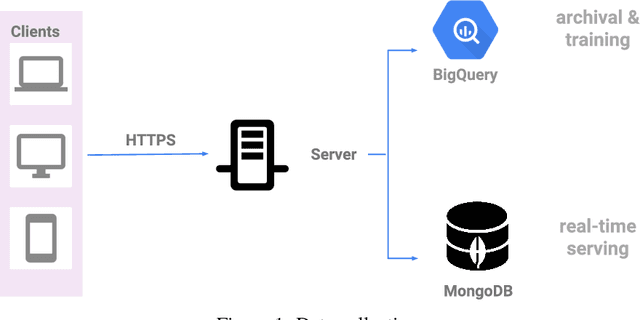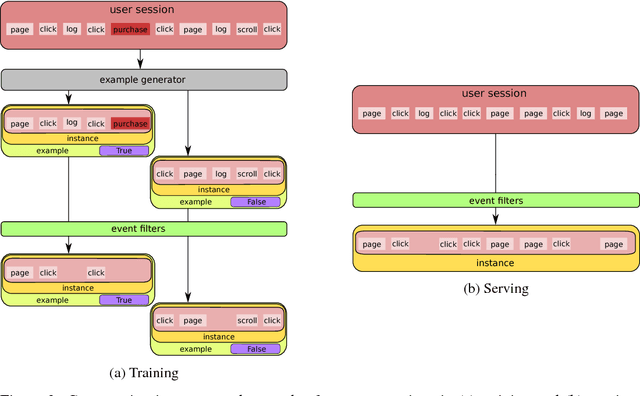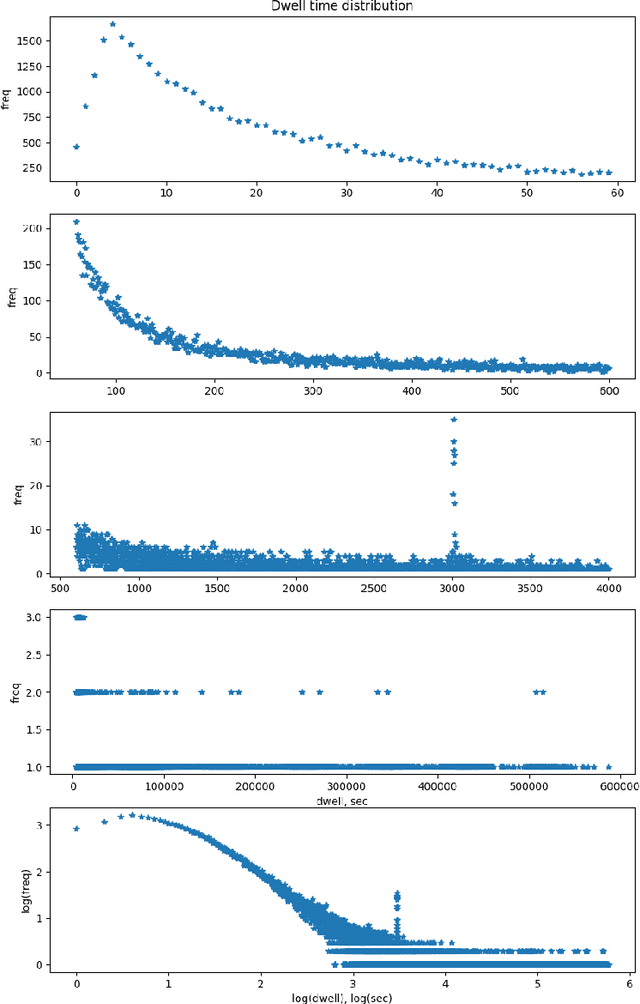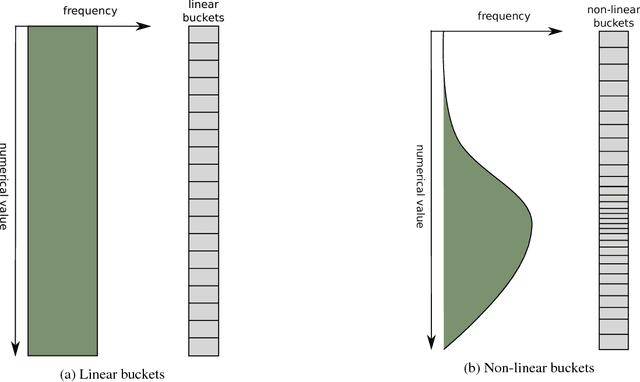Zap: Making Predictions Based on Online User Behavior
Paper and Code
Jul 16, 2018



This paper introduces Zap, a generic machine learning pipeline for making predictions based on online user behavior. Zap combines well known techniques for processing sequential data with more obscure techniques such as Bloom filters, bucketing, and model calibration into an end-to-end solution. The pipeline creates website- and task-specific models without knowing anything about the structure of the website. It is designed to minimize the amount of website-specific code, which is realized by factoring all website-specific logic into example generators. New example generators can typically be written up in a few lines of code.
* 14 pages, 9 figures
 Add to Chrome
Add to Chrome Add to Firefox
Add to Firefox Add to Edge
Add to Edge